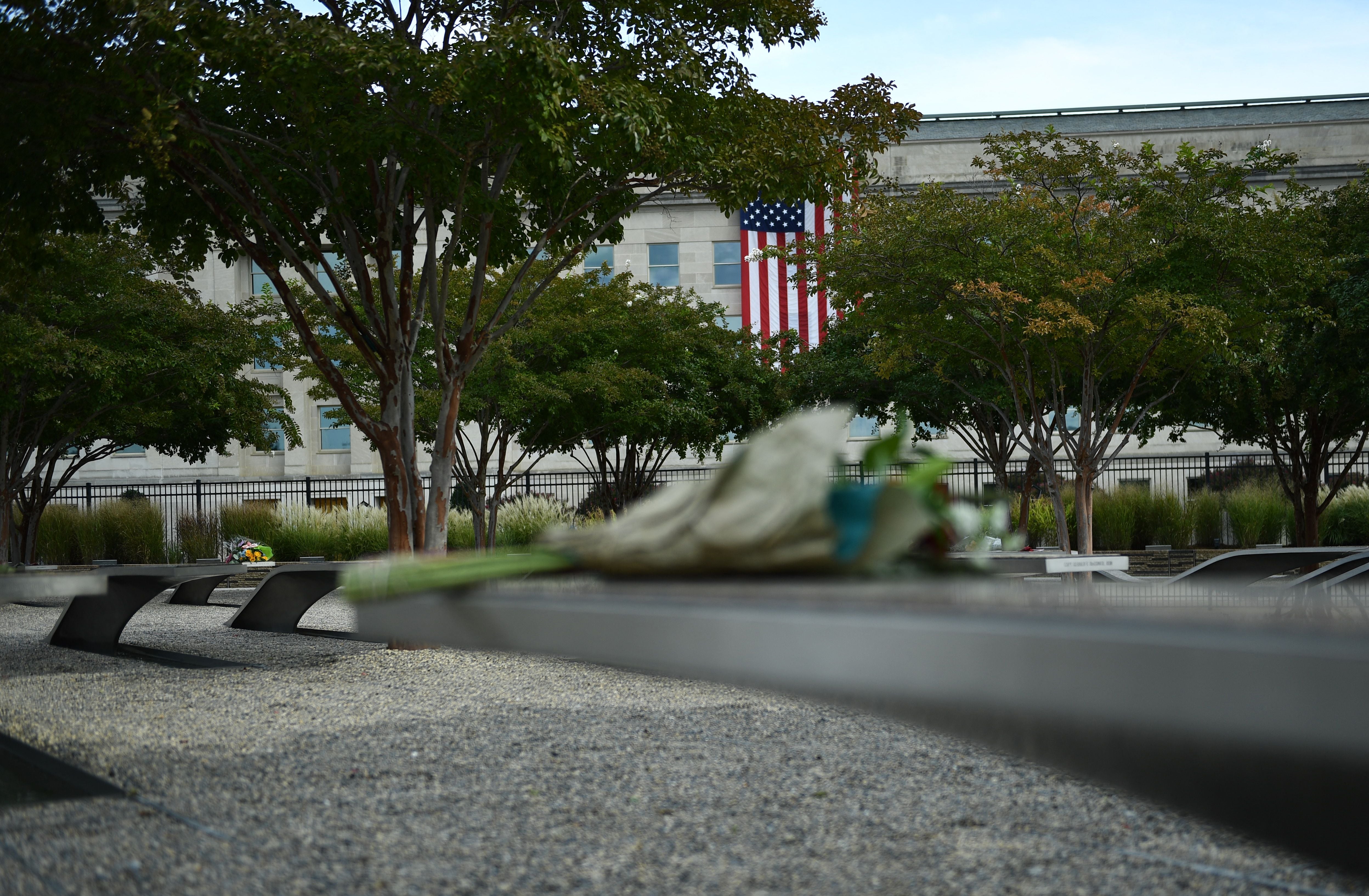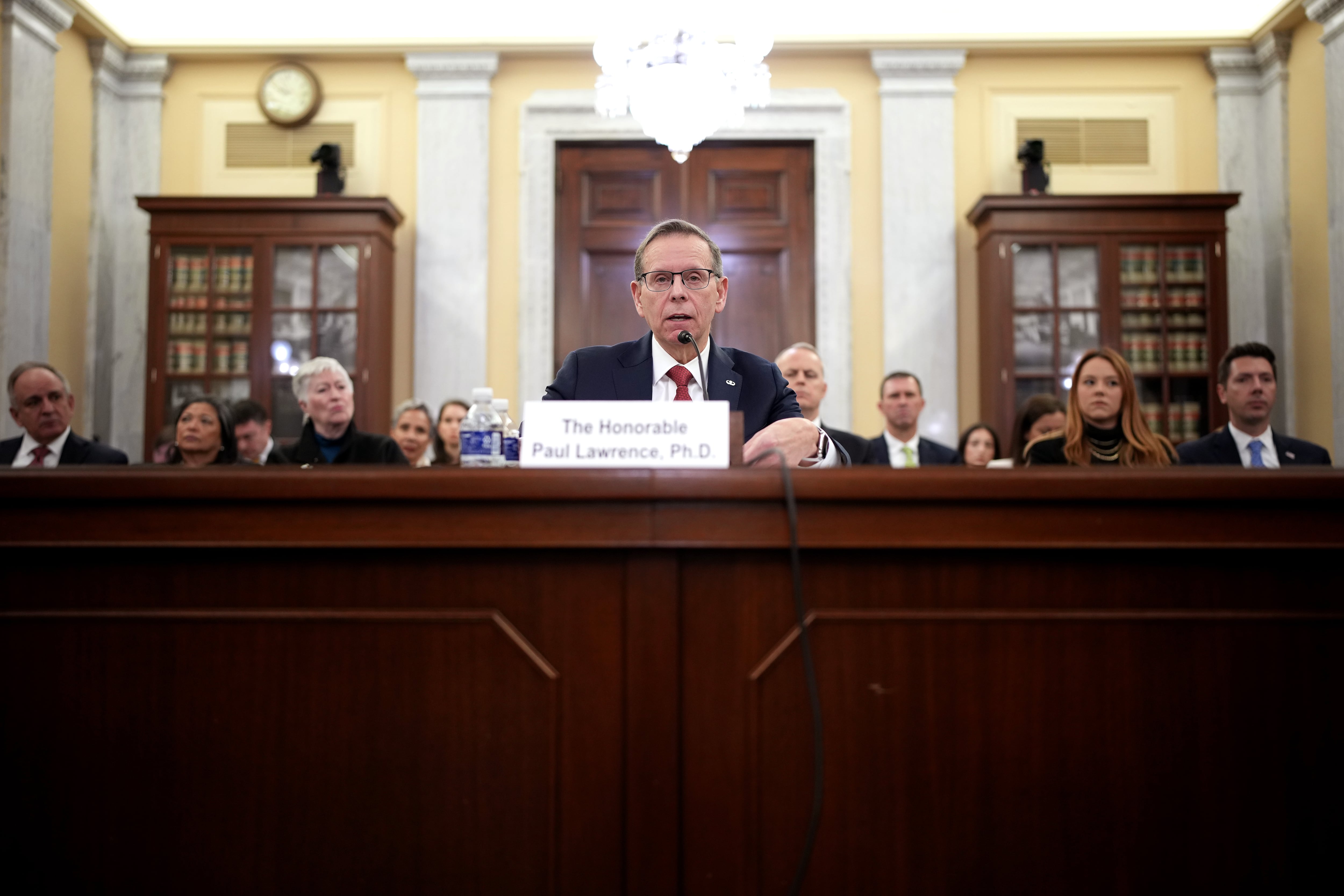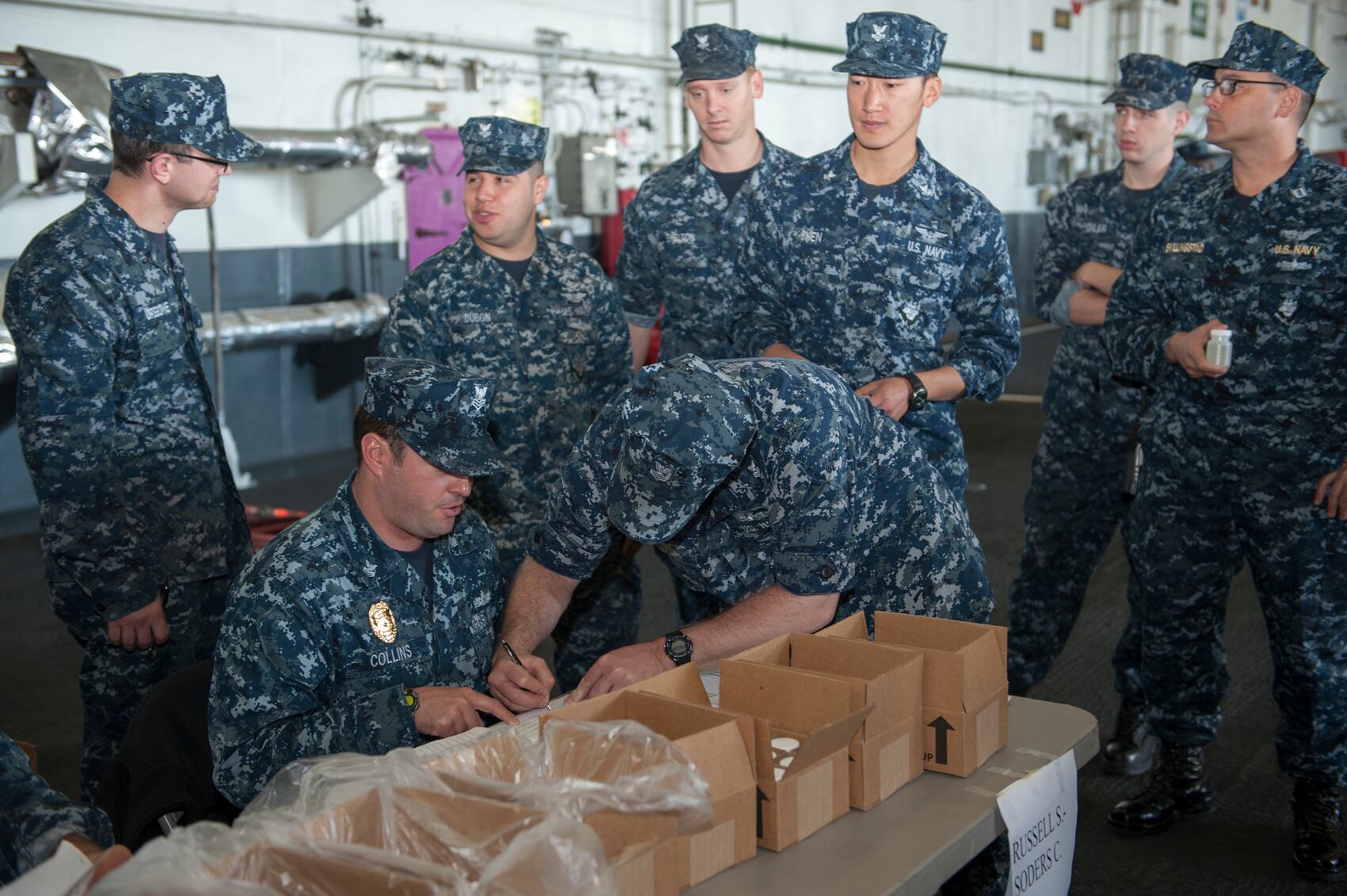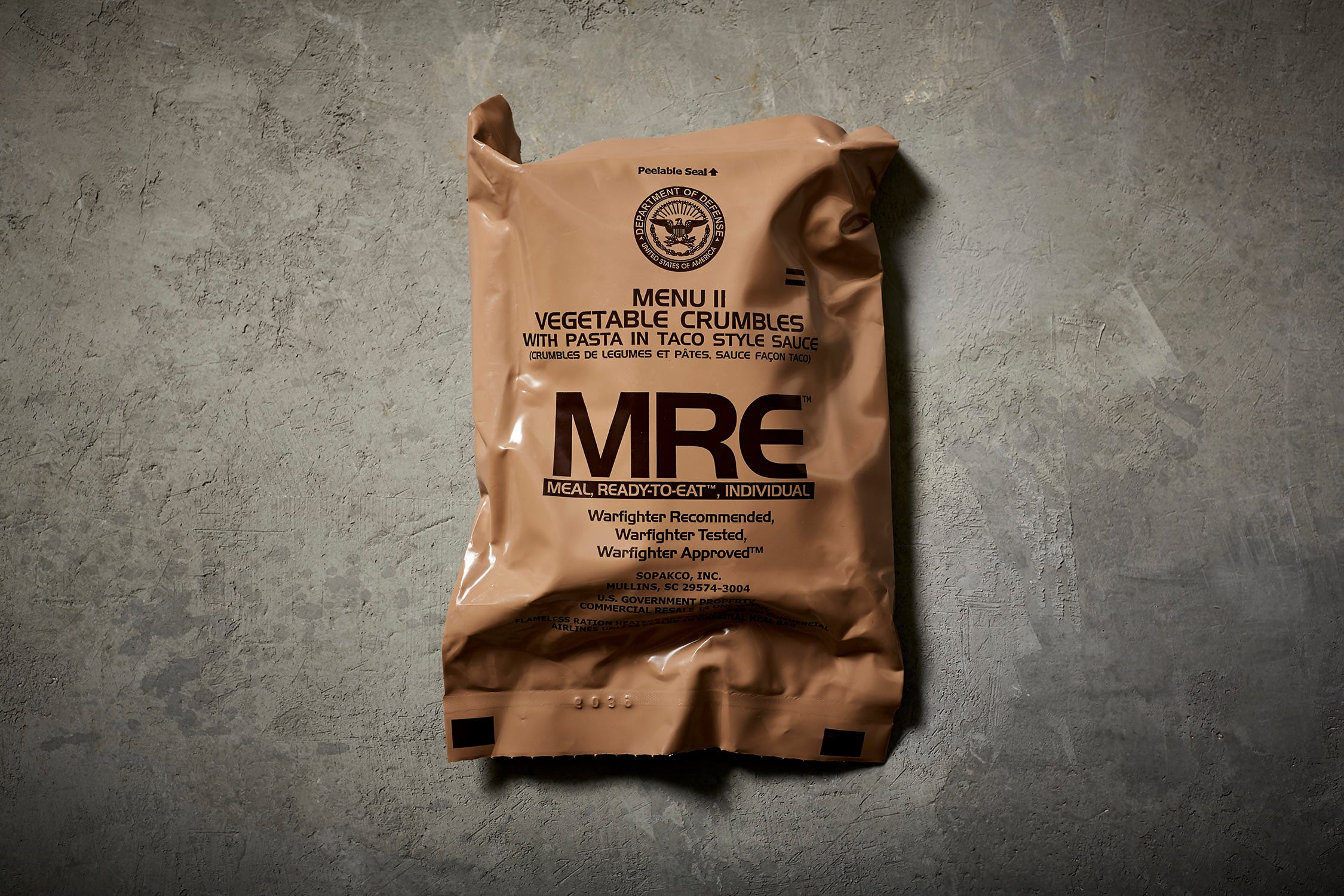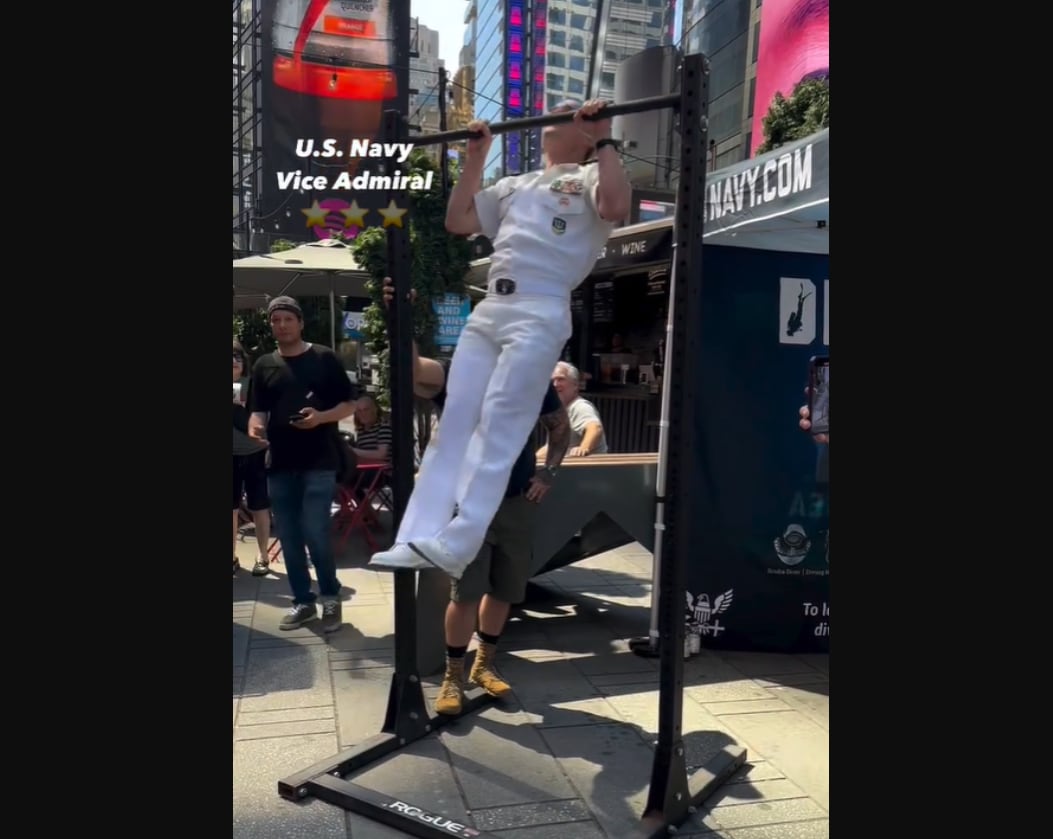The Navy is updating its urinalysis program to minimize exposure to the rapid spread of COVID-19. Unit commanders are allowed to pause or reduce collection if, at the discretion of the command, such a process is determined to risk unnecessary exposure to the virus.
Still, the service plans to continue random urinalysis testing “to the greatest extent possible” at its Navy Drug Screening Laboratories, Chief of Naval Personnel Vice Adm. John B. Nowell wrote in a recent message to the fleet.
Drug tests performed in accordance with guidelines from the Centers for Disease Control and Prevention will consist of no more than 10 individuals in the testing facility at once, the message said.
That number includes the both the program coordinator and the sailor tasked with the role of “observer.”
“All participants must engage in safe hygiene practices,” the message said, "including hand washing, maintaining the six feet social distancing requirement, and refraining from touching their face” — all healthy practices even in a pandemic-free world.
The Navy’s UPCs, or urinalysis program coordinators, “will not handle a specimen bottle after it has been in the possession of the Sailor,” the Navy’s updated policy said.
“Sailors providing a specimen will tighten the lids securely to avoid cross contamination, adhere labels, affix security tape on the specimen bottle and place their specimen bottle in a secondary container with absorbent materials under the observation and direction of the UPC.”
Sailors are also instructed to avoid exchanging identification cards or pens.
Upon secretion completion, urinalysis administrators are expected to wipe down any tables or door handles sailors may have come into contact with.
The aforementioned guidance applies to tests administered at the direction of a command, as well as tests prompted by probable cause or mishap investigations, the message stated.
Individuals exempt from testing are sailors who are sick, quarantined, self-monitoring, teleworking, on non-duty status, or in restriction of movement status, the Navy said. Sailors temporarily assigned to “non-Navy activities" are to adhere to the policies of the unit to which they are attached.
It remains unknown whether non-respiratory bodily fluids, such as blood, semen, or in this case, urine, are capable of passing coronavirus from one person to another, according to the CDC. Currently, only respiratory emissions — bacteria exiting the body through sneezes or coughs — have been confirmed as carrying infectious bacteria.
The policy will remain in effect until further notice, the Navy said.
J.D. Simkins is the executive editor of Military Times and Defense News, and a Marine Corps veteran of the Iraq War.
Tags:
covid19 navycovid19 navy carriercovid19 sailors infectedcoronavirus in the navycoronavirus on shipcoronavirus navy shipurinalysis navynavy piss testIn Other News
